We have come a long way in a world where the digital marketplace beckons with convenience and endless possibilities. A darker force lurks beneath the surface of all these possibilities, ready to shatter the trust of eager online shoppers. So, let me usher you into the realm of “Digital Deception,” where the lure of e-commerce clashes with the cunning tactics of online scams and fraud schemes.
The rise of these sinister plots has cast a shadow over the once-burgeoning landscape of online shopping, leaving consumers questioning their every click and transaction.
The rise of these sinister plots has cast a shadow over the once-burgeoning landscape of online shopping, leaving consumers questioning their every click and transaction.
Imagine a realm where the shopping cart isn’t merely a means to purchase, but a gateway to uncertainty. As we navigate the intricacies of virtual storefronts and outlets, an unsettling truth emerges – our trust in the digital market is under siege. we embark on a journey to unravel the multifaceted world of online scams, delving into their elaborate strategies and the havoc they wreak on the consumer psyche. And at the end of it all, only one question remains:
How do we protect ourselves and our digital dreams from this ever-looming threat?
“Our trust in the digital market is under siege.”
With this, we seek to peel back the layers of this digital underworld, uncovering the tactics that fuel the “Digital Deception” phenomenon and probing the impact they’ve had on the very essence of e-commerce’s appeal. With that, we will be adding statistical data of a questionnaire we sent around to take people’s experience and perspective on e-commerce and will be sharing summary of the responses in the course of this article.
Types of Online Scams and Fraud Schemes
In the intricate web of e-commerce, unsuspecting Ghanaian shoppers often find themselves entangled in a range of online scams that threaten their digital shopping experience. From the promise of incredible deals to the allure of exclusive offers, these scams come in various guises, all designed to deceive. The counterfeit merchant, masquerading as a legitimate seller, capitalizes on the shopper’s desire for a bargain. Phishing emails, designed to appear as trusted sources, lure consumers into divulging sensitive information. The intriguing sweepstakes, where the promise of prizes obscures the intention to harvest personal details—these are but a few of the deceptive tactics wielded by cybercriminals to compromise shopper confidence.
These scams are the modern-day descendants of age-old confidence tricks, dressed in the attire of the digital era. The con artists have honed their techniques to a science, mastering the art of manipulation through persuasive language, sophisticated fake websites, and the replication of well-known brands. Their arsenal includes methods such as smishing (fraudulent SMS messages), vishing (voice calls impersonating legitimate entities), and even fake customer reviews that sway purchasing decisions. As we delve into the intricate mechanics of these scams, a sobering truth emerges:
the evolution of technology has not only advanced the convenience of e-commerce but also the complexity of the scams that undermine it.
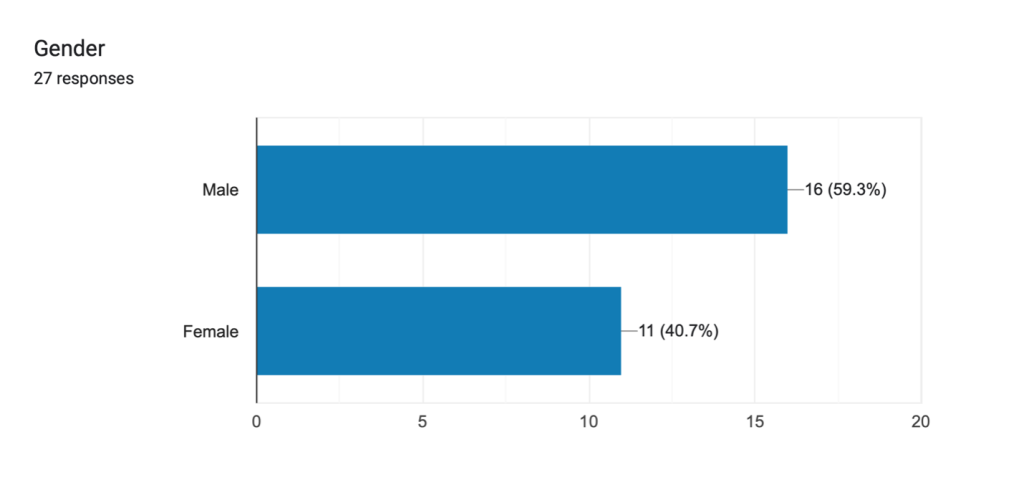
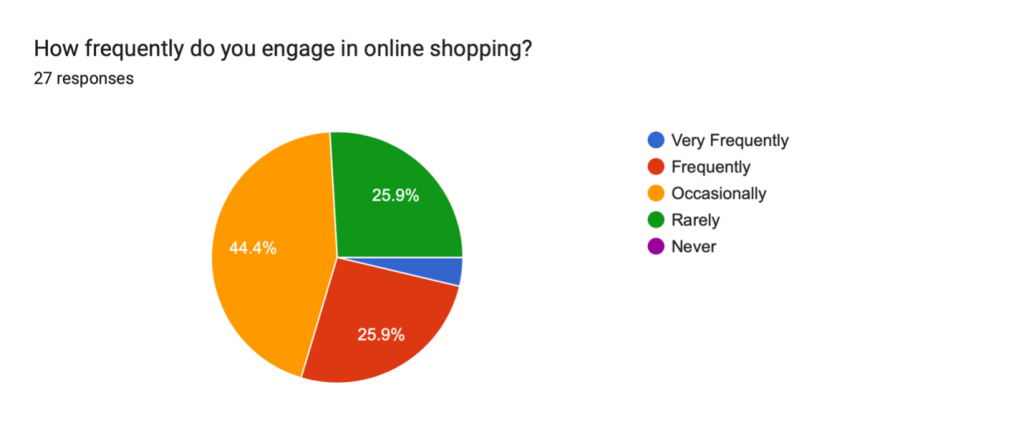
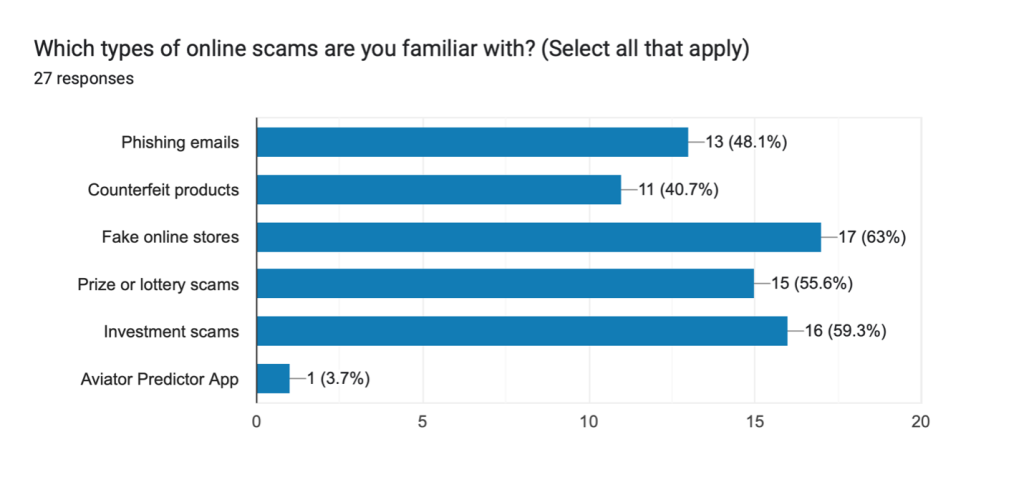
Impact on Shopper Trust and Confidence
It is evident that the influence of online scams extends far beyond financial loss, as it undermines the trust that Ghanaian shoppers once placed in the digital marketplace. Successful scams chip away at confidence, leaving shoppers hesitant to engage in online transactions and wary of even reputable platforms. The psychological aftermath of falling for a scam is equally significant, inflicting shame, anger, and vulnerability on victims, while fostering a climate of self-doubt.
Statistics illuminate the extent of the problem, revealing a surge in reported scam-related incidents and a decline in consumer confidence. Recent surveys demonstrate a shift in consumer behavior, with many expressing reluctance to partake in online transactions due to fears of falling victim to scams. These shifts in perception and behavior are symptomatic of a broader challenge—the erosion of trust in online commerce and the psychological toll it exacts on Ghanaian consumers.
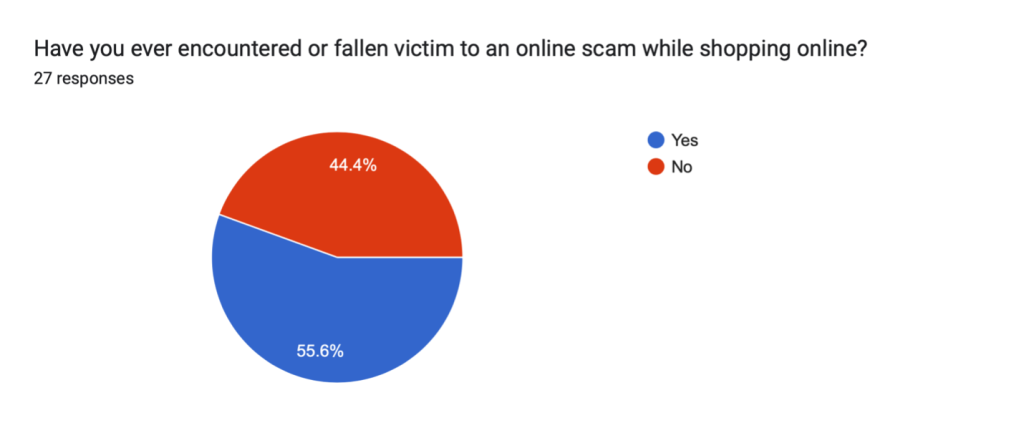

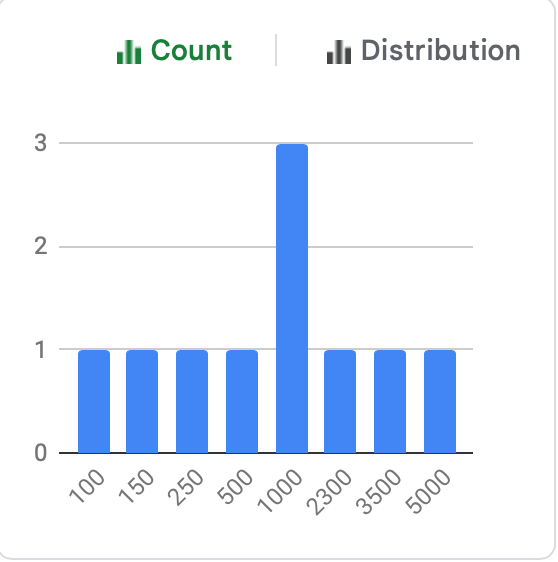
Factors Amplifying the Problem
This fascinating e-commerce landscape beckons not only legitimate buyers and sellers but also opportunistic scammers eager to exploit its vulnerabilities. The very elements that make online shopping convenient—a vast and diverse consumer base, easy accessibility, and the veil of digital anonymity—also provide fertile ground for cybercriminals to thrive. The enticing deals and the promise of anonymity for both buyers and sellers create an environment ripe for deception, where the digital veil can be wielded as a mask for fraudulent activities.
Regulating online transactions and detecting fraud presents a multifaceted challenge in Ghana’s digital realm. The borderless nature of the internet complicates jurisdiction and enforcement, allowing scammers to operate beyond national borders and evade local authorities. This digital anonymity further exacerbates the issue, as tracking down and prosecuting cybercriminals becomes an intricate puzzle. Moreover, the dynamic and ever-evolving nature of fraud schemes necessitates continuous adaptation of detection techniques, placing a strain on resources and expertise.
The very elements that make online shopping convenient—a vast and diverse consumer base, easy accessibility, and the veil of digital anonymity—also provide fertile ground for cybercriminals to thrive.
Strategies for Protection
Navigating the digital marketplace in Ghana demands a keen sense of awareness and vigilance. For shoppers seeking to shield themselves from the clutches of online scams, education is paramount. Beware of deals that seem too good to be true, and exercise caution when divulging personal information. Scrutinize the authenticity of websites and sellers, verifying their legitimacy through reviews and contact information. Additionally, employing secure online practices such as creating strong passwords, activating two-factor authentication, and updating devices and software can significantly fortify your defence against scams.
Embracing a healthy dose of scepticism can prove invaluable in the fight against deception. Question unsolicited offers and messages and be wary of those pressuring immediate action. Remember that scammers often capitalize on emotions and urgencies. If an offer doesn’t align with your instincts or seems rushed, take a step back to verify its legitimacy.
Embracing a healthy dose of skepticism can prove invaluable in the fight against deception.
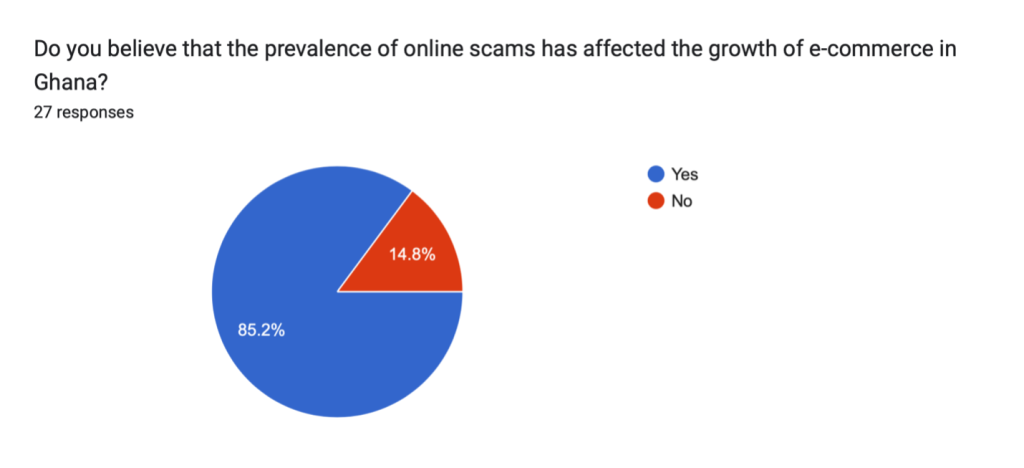
E-Commerce Platforms’ Response
Yes, Ghanaian e-commerce platforms just like many international platforms are taking decisive action against the rising tide of online scams. They’re deploying sophisticated fraud detection technologies, leveraging AI and machine learning to identify suspicious activities in real time.
These platforms are also bolstering user authentication methods with multi-factor and biometric verification, enhancing security measures to ensure only legitimate users access their services. By collaborating with payment gateways and financial institutions, they’re implementing secure payment processes and encryption protocols to shield sensitive information. Seller verification processes have also been intensified, weeding out fraudulent entities and fostering transparency. These combined efforts reflect a determined stride towards establishing a secure, trustworthy digital marketplace for Ghanaian consumers.
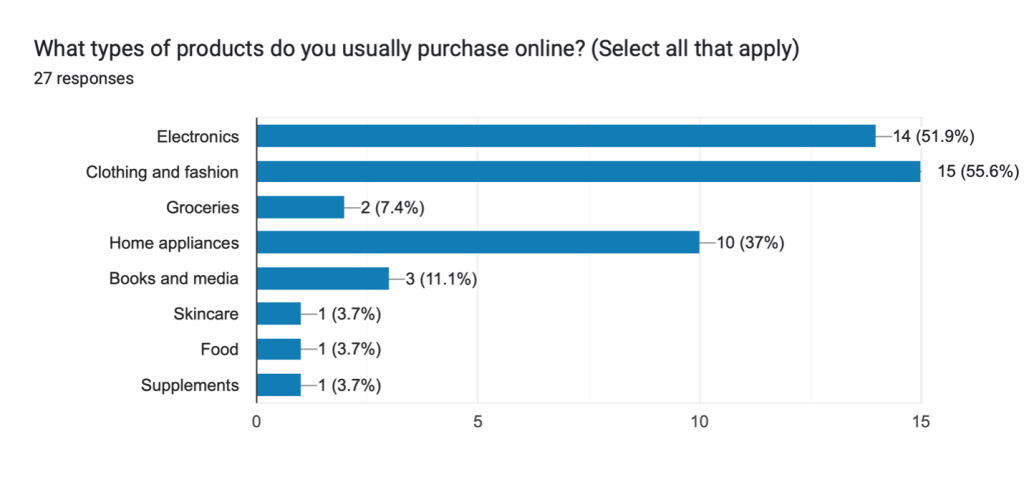
Rebuilding Shopper Confidence
In the wake of online scams, e-commerce businesses in Ghana face the critical task of rebuilding shopper confidence. One key strategy involves fostering transparency and open communication. By providing clear information about products, prices, and seller profiles, businesses can dispel doubts and create a sense of trust. Leveraging the power of customer reviews also plays a pivotal role.
Encouraging honest feedback allows shoppers to make informed decisions while demonstrating a commitment to authenticity. Moreover, e-commerce platforms can implement robust guarantees and return policies, assuring customers that their purchases are protected and that businesses stand by the quality of their products. Through these multifaceted efforts, businesses can begin to repair the fragile trust that has been chipped away by online scams, reinvigorating the Ghanaian e-commerce landscape with a renewed sense of credibility and consumer confidence.
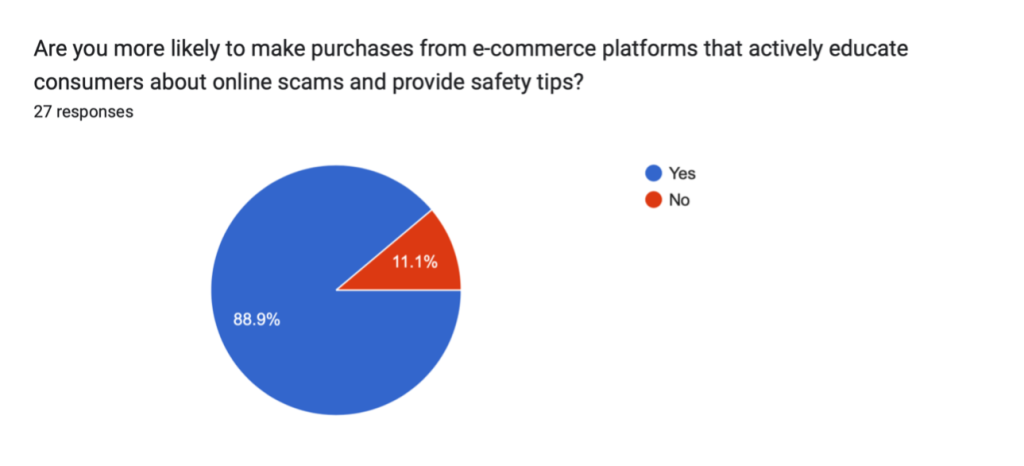
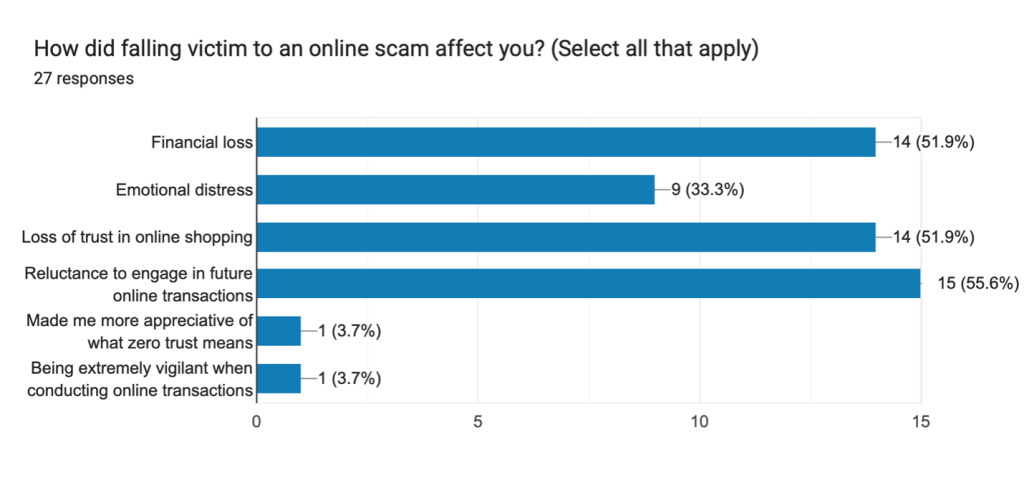
Looking Ahead
As Ghana’s digital landscape continues to evolve, the spectre of online scams looms large, presenting an ongoing challenge that demands proactive solutions. The strategies employed by cybercriminals are likely to grow more sophisticated, requiring e-commerce platforms to remain adaptable and vigilant. This shifting landscape may encompass new forms of deception, exploiting emerging technologies and platforms. As we peer into the horizon, a collective effort emerges as a crucial component in the battle against online scams.
Collaboration between e-commerce platforms, governmental bodies, cybersecurity experts, and even individual consumers becomes paramount. By sharing insights, resources, and best practices, stakeholders can create a fortified defence against the pervasive threat of scams.
As Ghana forges ahead in its digital journey, it’s not just technological innovation that will drive progress but also the unity of stakeholders in safeguarding the integrity of its virtual marketplace.
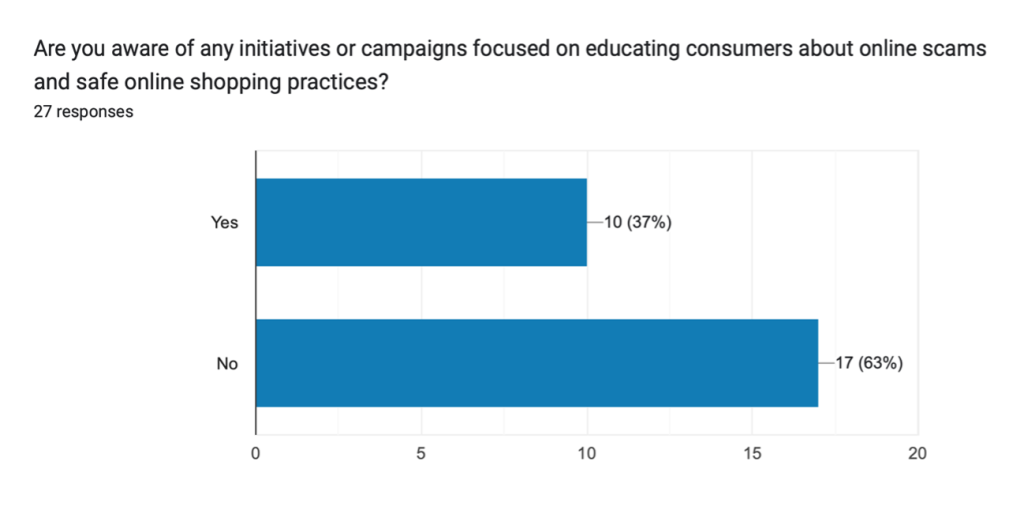
Ultimately, the power to protect oneself lies in education and mindfulness. By arming oneself with knowledge, adopting secure practices, and cultivating a discerning approach to online interactions, Ghanaians can reclaim their digital autonomy and restore the trust that online scams seek to erode.
Catch up on news and other tidbits on our WhatsApp Community Page, Twitter/X, and subscribe to our weekly newsletter to ensure you don’t miss out on any news.










